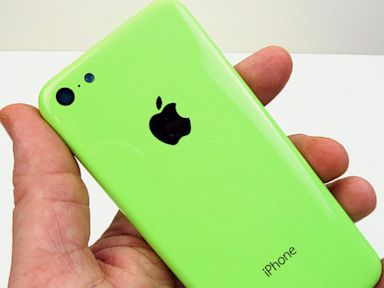
On this September 11th anniversary, I find myself reflective. It seems like every time I go on Facebook, someone is posting something politically charged. I’m guilty of getting involved in the conversations, myself, but it really does seem rampant. Even outside of election seasons. It’s like it never stops! But I’ve been thinking lately that maybe things aren’t as bad as they seem.
Facebook has allowed everything from rumors to facts to be spread with speed and ease never before seen. Insults fly back and forth just as fast as they did in “chatrooms” over a decade ago. It’s the fact that content doesn’t need to be generated, it can simply be shared, that helps account for the volume of armchair activism we see today. Clicking the like button or the share regurgitates the same message out to hundreds of your friends – no need to fact check or verify, leave that to someone else. It’s on the Internet, someone else must have referenced it – you can’t put it on the internet if it’s not true.
But all jokes aside, maybe things aren’t as bad as we have the impression they are. People are partisan. Even those who try not to be will undoubtedly have a vehement reaction to something, they just haven’t found their hot-button issue, yet. But the reason we think it is worse than it is, is because we are further outside of our comfort zones than we have ever been as a society. It’s not just 24 hours news networks. It’s not just access to websites that will always promote “your point of view” (this is the Internet, SOMEONE out there will agree with you, no matter what your views are). It’s the fact that we are suddenly “friends” with people we don’t see eye to eye with. Your “Facebook friends” aren’t like your “real life” friends. They are people you went to high school with, people you’ve worked with, people you went to college with. Some of them are friends of friends, or people you know from an organization or met at an event. Fifteen years ago, you would surround yourself with likeminded friends, the people you knew in high school or college and actually spent time with them. If someone drove you crazy, you would slowly weed them out of your day-to-day life, and just have polite conversations here and there. But here in 2013, you don’t want to “unfriend” someone because they could be offended – or if you’re stubborn, you certainly wouldn’t want to give them the impression that they “won” some kind of argument on the Internet!
I’m trying, very hard, to not have the same grim outlook that Jeff Jarvis has today. Maybe the political divide isn’t as bad as we think it is. Maybe we’re just finally seeing it for what it is. Maybe we’re finally able to see more than our own side. And maybe that’s a good thing.



